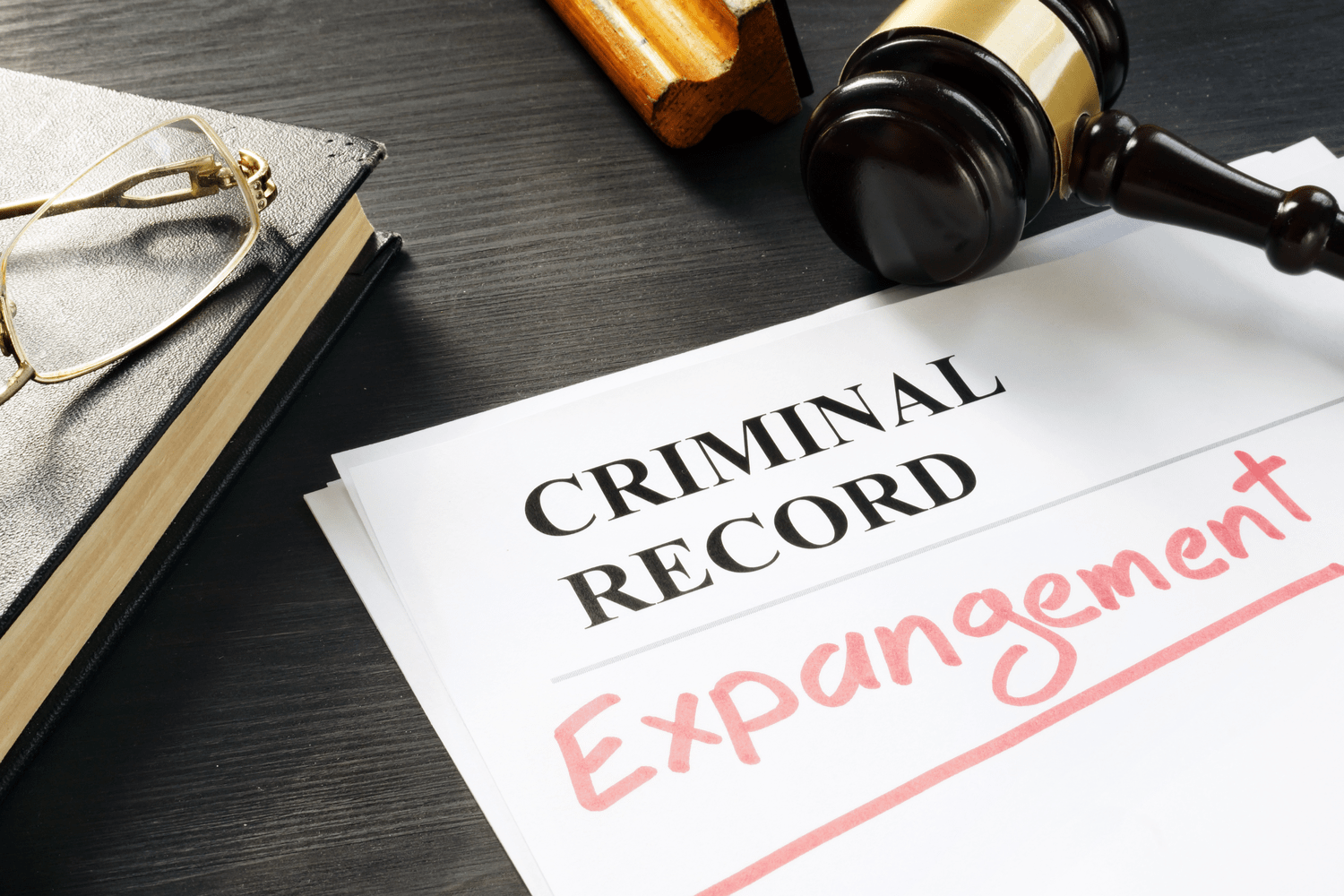Expungement, Record Clearing, Record Sealing

What is an Expungement?
Expungement is a legal procedure designed to destroy or remove from view all or part of the records of a case. The exact definition of expungement, which is usually defined by statute, can vary greatly by state. To get state specific expungement information click here and choose your state.
An expungement can also mean that the adverse finding or guilt is removed by withdrawing, vacating, annulling or setting aside the finding of guilt, thereby expunging the conviction from the records (and often lifting some or all of the legal ramifications of the original adverse finding) without otherwise affecting access to the records.
In many jurisdictions the expunged records can still be considered by courts in future cases or used by law enforcement and government agencies for limited purposes. The quickest and easiest way to see if your case is eligible for expungement in your state is to take our free expungement eligibility test.
Expungement laws are typically enacted to accomplish public policy goals that can include allowing those who demonstrate rehabilitation to integrate back into society, providing incentives for rehabilitation, increasing incentives for plea bargains to be accepted, and keeping the effects of punishment proportional with the offense. Expungement laws must balance the public policy goals against the public’s need to access criminal history.
The need for expungement has greatly increased in the last decade because of the dramatic increase in the use of criminal background checks. For instance, studies showed that about 30 percent of employers conducted criminal background checks in 1994. That number increased to 84 percent by 2004.
The increase in criminal background checks has been driven by two things. First, the terrorist attacks of 9/11 dramatically heightened concerns over security, which increased criminal background checks for everything from employment to international travel. Second, advances in computers, software and the internet have made it easier for companies to gather criminal records and distribute them to consumers at a very affordable price.
Because of the increased demand for criminal background checks and the better quality of data at a lower price, the harmful consequences of a criminal record can now last a lifetime, unless the records are expunged. Many people contend that this is an injustice as it is now consequence of the sentence that was not contemplated or intended at the time of sentencing.
To address the changed consequences, many states have recently made attempts to modernize their expungement laws, including states such as Oklahoma, Utah, Nebraska, Alabama, New York, and Rhode Island. There have been various federal laws proposed to expand expungement at the federal level, but none have made it out of committee.
How long does expungement take?
Expungement, the process by which a criminal record is re-opened and changed from “convicted” to “dismissed without guilt,” varies from state to state. In order to have a record expunged in most states, it is often required to be a first-time offense. Clearing a criminal record cannot happen overnight, or even right after the conviction. Most often there is a period before a petition can be made to the courts to have an expungement.
In order to be eligible to dismiss a criminal conviction, probation must have been completed, or if no probation has been given, all fines and restitution must have been taken care of. Sometimes there is also a wait period, depending on the state, of up to five years after the probation has been completed before being eligible for expungement. Many judges observe this waiting period before the petition can be filed as an indication of rehabilitation.
The procedure generally involves a petition to the court, which includes an affidavit and motion seeking the relief, and then it will be reviewed by a judge. However, although the process seems as simple as filing a single application and handing it over to the court, it is often much more complicated. In certain cases, the papers must be served to a District Attorney, or legal documentation must be prepared to be signed by a judge. If done incorrectly, the process can take much longer than need be or can possibly even be denied because improper procedure was followed. Further still in some cases, a court hearing is required. Expunging a criminal record may take months, depending on the background circumstances surrounding the conviction. The courts perform work on a first come, first serve basis. So the sooner a petition is filed, the sooner it will be reviewed. Since the timing of the process varies from state to state and by case, a general estimate of the time it takes to have a criminal record expunged can be anywhere from 2-6 months.
Higbee & Associates have licensed attorneys who evaluate each case, perform the necessary case research, derive the necessary supporting evidence, deliver the motion to court, and argue the case in court if a hearing is required. The attorneys of Higbee & Associates handle all matters diligently and efficiently to ensure that clients who need an expungement are well taken care of.
A unique feature that they offer provides each client with access to an online database to ensure that each client is kept updated on the status of their expungement, and can easily track the the updates on their case so that they are continually aware of its current status.
Some felony and misdemeanor offenses that can be expunged include:
- Petty theft
- Grand theft
- Possession of marijuana (or other controlled substances)
- Shoplifting
- DUI
- Domestic Violence (DV)
- Assault, battery, assault with a deadly weapon
- Receiving stolen property
- Robbery
- Burglary
- Prostitution
- Indecent exposure
- and many more…
